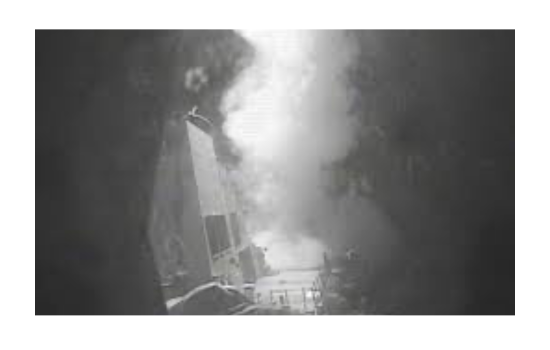Tamir Hayman
INSS, Dec. 19, 2024
“A sustained campaign is needed, not just a single operation.”
The IDF’s strike in Yemen last night is a justified response and marks an escalation in Israel’s reactions to Houthi fire, but it’s not enough to change the reality on the ground.
The reality is that from the moment the Houthis imposed a maritime blockade on Israel, they effectively declared war. The blockade should have been lifted as quickly as possible using the IDF’s capabilities, particularly the Navy. Due to the heavy burden on Israel’s defense establishment and the desire to give the international coalition a chance to act against the Houthis, Israel refrained from responding for many months. Only after the murder of an Israeli citizen did the first response occur. Since then, Israel has attacked twice more, each time destroying critical infrastructure related to energy and commerce.
In contrast, the broad international coalition has limited itself to addressing Houthi military capabilities and, until recently, has primarily focused on removing threats and protecting shipping routes.
Two critical elements have been entirely absent in the campaign against the Houthis. One is striking the sender, Iran, which funds and orchestrates the missiles from Yemen. Both the international coalition and Israel have responded directly to the proxy rather than to the hand rocking the cradle. Second, there has been no effort to destroy the Houthis’ command and control or significantly degrade their military power. In other words, there is no extensive and sustained campaign to weaken the Houthis in a way that intensifies the pressure, as has been done with Israel’s other adversaries in the current war.
What should be done? A sustained campaign is needed, not just a single operation. Such a campaign requires different intelligence and strike capabilities. Israel needs to build operational capacities that allow for greater flexibility and precision. These capabilities, given the distance from Israel, require a different level of organization. When choosing which branch should lead the campaign—the Air Force or the Navy—the Navy has significant advantages in these areas. Additionally, beyond tactical capabilities, Israel must conduct a military campaign that targets the Houthis as a cohesive military system. This involves addressing operational questions to fundamentally alter the Houthis’ motivation and capabilities: Who are their commanders? How is their logistics structured? What capabilities enable their continued attacks? How can the Houthis’ area of operation in Yemen be isolated? And can direct threats be posed against their commanders in ways that leverage Israel’s proven abilities?
At the strategic level, it’s clear that a hostage deal and the end of the war in Gaza will also conclude the conflict with the Houthis. Even without any connection to the Houthis, bringing back the hostages is a worthy and moral mission. But this alone is not enough—it’s necessary to demonstrate a different kind of strength against them, including actions on the ground by the Navy, such as targeting commanders, eroding capabilities, and emphasizing that a maritime blockade on Israel comes with a heavy price. We cannot afford anything less. …SOURCE


